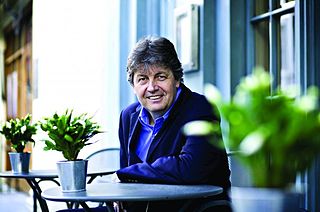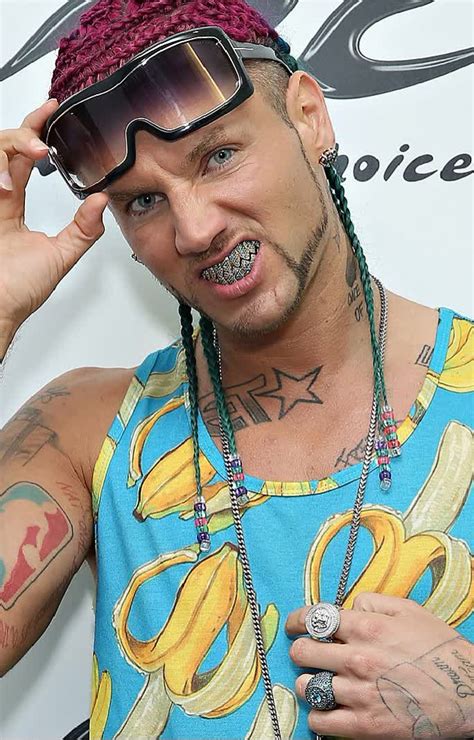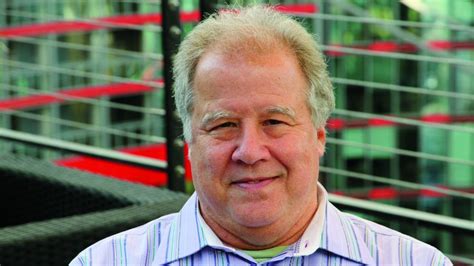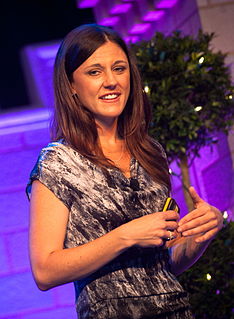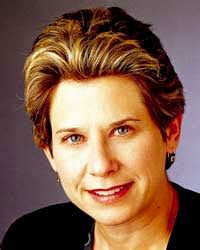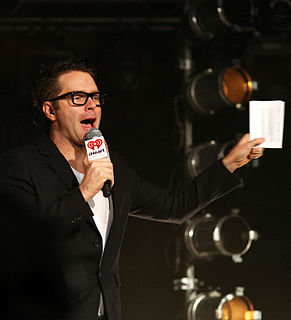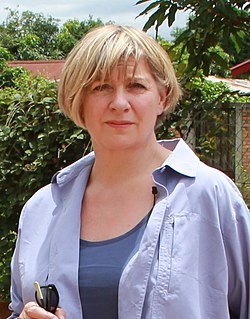A Quote by Marissa Mayer
The internet creates more of an appetite for media - it doesn't replace physical books, radio or TV.
Related Quotes
I think TV is a medium where you can be entertained, you can be informed, you can relax and you can escape whenever you want. There's no other media, exception for fictional books, where you can do that. But additional to books you also have the picture, it's not only the text and that's the reason why, in terms of getting to the heart of the people, getting to the emotions of people, TV is the ideal media to get them. There is no other media who can do that.
Because of the control of the media by corporate wealth, the discovery of truth depends on an alternative media, such as small radio stations, networks, programs. Also, alternative newspapers, which exist all over the country. Also, cable TV programs, which are not dependent on commercial advertising. Also, the internet, which can reach millions of people by-passing the conventional media.
I'm such an old fart that I started buying books on film and TV and radio and music when, for television, the entire shelf of books was only a couple of them. You go into the '70s before you start getting books on TV that you start wanting to collect. And by the time that you get to something like the Brooks and Marsh book it's invaluable. My house got hit by lightning in 1989 and burned down. And I got more than a half dozen Brooks and Marsh books sent to me by friends immediately, as though that's what you need more than clothes or food. That's how treasured that book was.
(Howard Dean) is proving that the Internet is a better, cheaper, and faster way to raise money than the old glad-handing of special interests and fat cat donors. He's also about to demonstrate that the Internet is a better place to spend campaign dollars than are TV stations and media time buys. The fact that Internet communications is free makes one-on-one retail politics more effective, more rapid, and less costly than mass communication.




